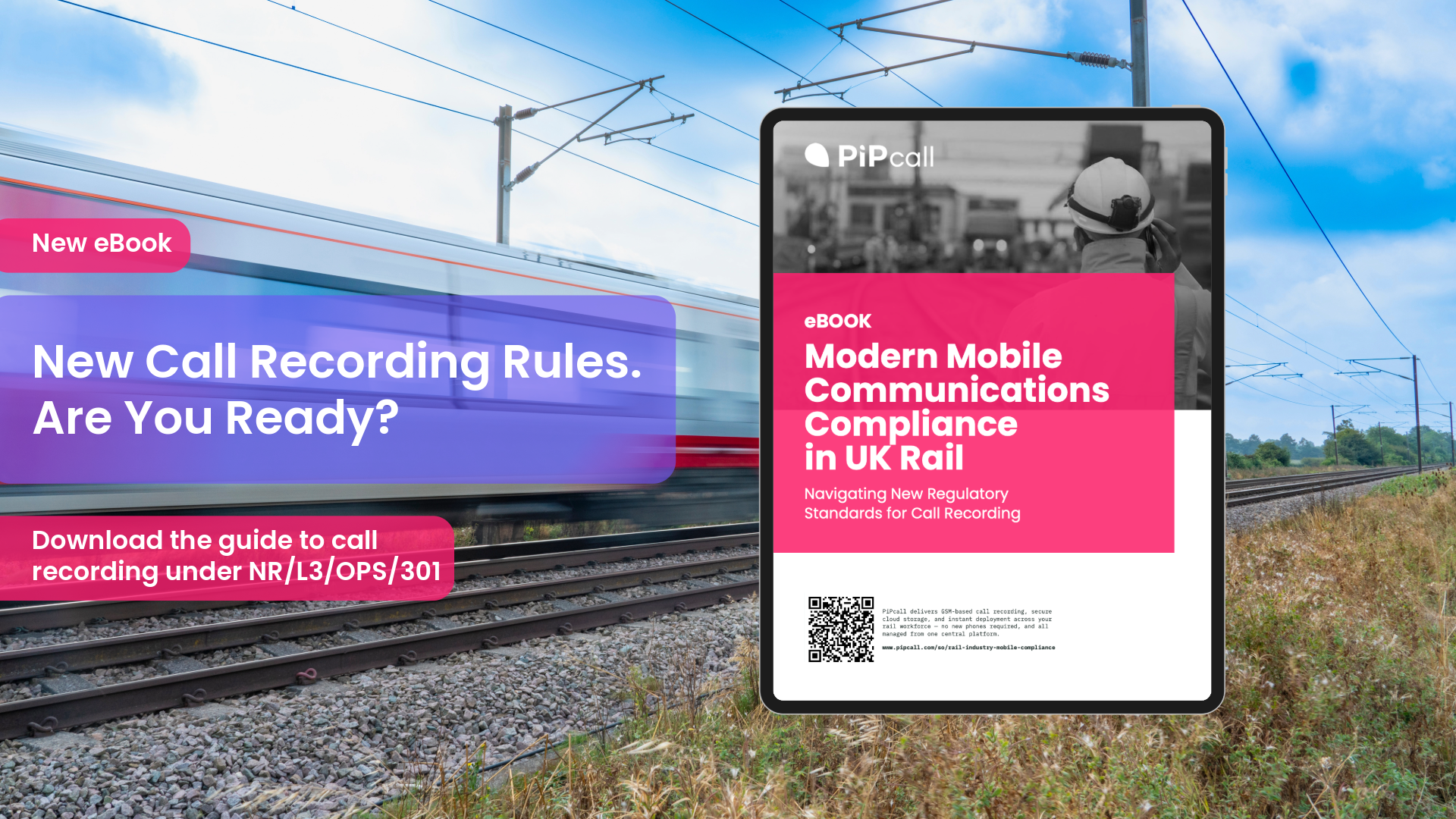The world of business mobile solutions is evolving rapidly, and the SIM card is no exception. With businesses demanding more flexibility, connectivity, and security from their mobile solutions, innovations in SIM technology are pushing the boundaries of what's possible. From eSIMs to blockchain and AI-driven management, let's explore the future of SIMs and how they will impact businesses in the UK.
6 Future Trends in SIMs for Businesses
As technology advances, the business SIM space is poised to undergo significant transformations. Here are six key trends set to shape the future of SIM technology for businesses:
- eSIM Adoption: eSIMs (embedded SIMs) are becoming increasingly popular due to their ability to enable remote provisioning and eliminate the need for physical SIM cards. As more devices become eSIM-compatible, businesses will benefit from easier, more scalable device management.
- Multi-Network SIMs: These allow businesses to switch between networks based on signal strength or cost efficiency. This flexibility ensures consistent connectivity, especially for employees working across different regions where coverage varies between providers.
- Private Networks: Some businesses are opting for private mobile networks, which use SIM technology to connect devices securely within their own controlled environment. This is particularly relevant for large corporations and industries requiring secure data transfer.
- 5G-Enabled SIMs: As 5G networks continue to roll out, SIMs that support 5G are becoming critical for businesses that rely on fast data speeds for real-time communications, video conferencing, and large file transfers.
- Remote SIM Provisioning (RSP): With RSP technology, businesses can deploy, manage, and update SIM profiles remotely. This is especially useful for industries with large numbers of mobile devices, as it reduces the need for physical SIM replacements.
- Enhanced Security with eSIMs: As cybersecurity becomes a top priority, eSIM technology allows businesses to enforce stronger security measures. With remote locking, encryption, and device tracking, companies can protect their data and devices from unauthorised access.
Integration with IoT: eSIMs Enabling Widespread IoT Adoption
The rise of the Internet of Things (IoT) has created a demand for more flexible and scalable connectivity solutions. eSIM technology enables businesses to integrate IoT devices seamlessly into their operations. Unlike traditional SIMs, eSIMs can be remotely provisioned and managed, allowing companies to deploy IoT devices in multiple locations without the logistical hurdles of distributing physical SIM cards.
For instance, industries like logistics and manufacturing rely on a vast network of IoT devices to monitor assets, track shipments, and optimise production processes. With eSIMs, businesses can easily manage and update their IoT devices from a centralised platform, ensuring that they remain connected across different regions and networks. This reduces operational costs and improves efficiency, making eSIMs an essential component of IoT adoption in the business sector.
Blockchain and eSIMs: Exploring the Intersection of Blockchain Technology and eSIMs
Blockchain technology is renowned for its decentralisation, transparency, and security. These attributes make it an intriguing prospect for integration with eSIM technology, particularly in industries where secure, tamper-proof data transmission is paramount. Blockchain can be used to verify the authenticity of eSIM profiles, ensuring that devices and users are legitimate.
In a business context, blockchain could provide an added layer of security for eSIM-based communications. For example, companies that deal with sensitive data—such as financial services or healthcare—could benefit from using blockchain to manage eSIM credentials and transactions securely. By leveraging blockchain, businesses can ensure that their mobile networks are more resilient against cyberattacks, and that they maintain full control over the data being transferred between devices.
Additionally, blockchain’s potential for decentralised SIM management could lead to a future where businesses have greater autonomy over how their SIM profiles are provisioned and controlled, cutting down reliance on traditional telecom providers.
AI and Machine Learning: How AI Will Optimise SIM Management
Artificial Intelligence (AI) and Machine Learning (ML) are set to revolutionise how businesses manage their SIM fleets. AI-driven management tools can help businesses predict usage patterns, optimise network performance, and flag potential issues before they become costly problems.
For example, AI could analyse employee data usage across a company’s SIM cards and suggest more cost-effective plans or provide alerts when devices are using excessive data. AI can also be used to optimise network selection, especially in the case of multi-network SIMs, by automatically switching to the most reliable or cost-efficient network at any given time.
Moreover, AI-based security systems can monitor for unusual activity, such as unexpected data usage or access attempts from unauthorised devices, providing businesses with a proactive defence against potential security breaches. In an era where data privacy and cybersecurity are paramount, AI will help companies maintain better control over their mobile networks.
The Future of SIM Technology for Businesses
As the landscape of mobile technology evolves, businesses must adapt to the changing demands of connectivity, security, management and business mobile phones. With trends such as eSIM adoption, IoT integration, blockchain, and AI-driven optimisation, the future of SIM technology looks bright for businesses that prioritise innovation and efficiency.
For UK businesses, adopting these emerging SIM technologies can offer significant competitive advantages. From enabling smoother global operations with multi-network SIMs to streamlining mobile management through AI, businesses can leverage these advancements to stay ahead of the curve and ensure that their mobile solutions meet their evolving needs.


.png)



